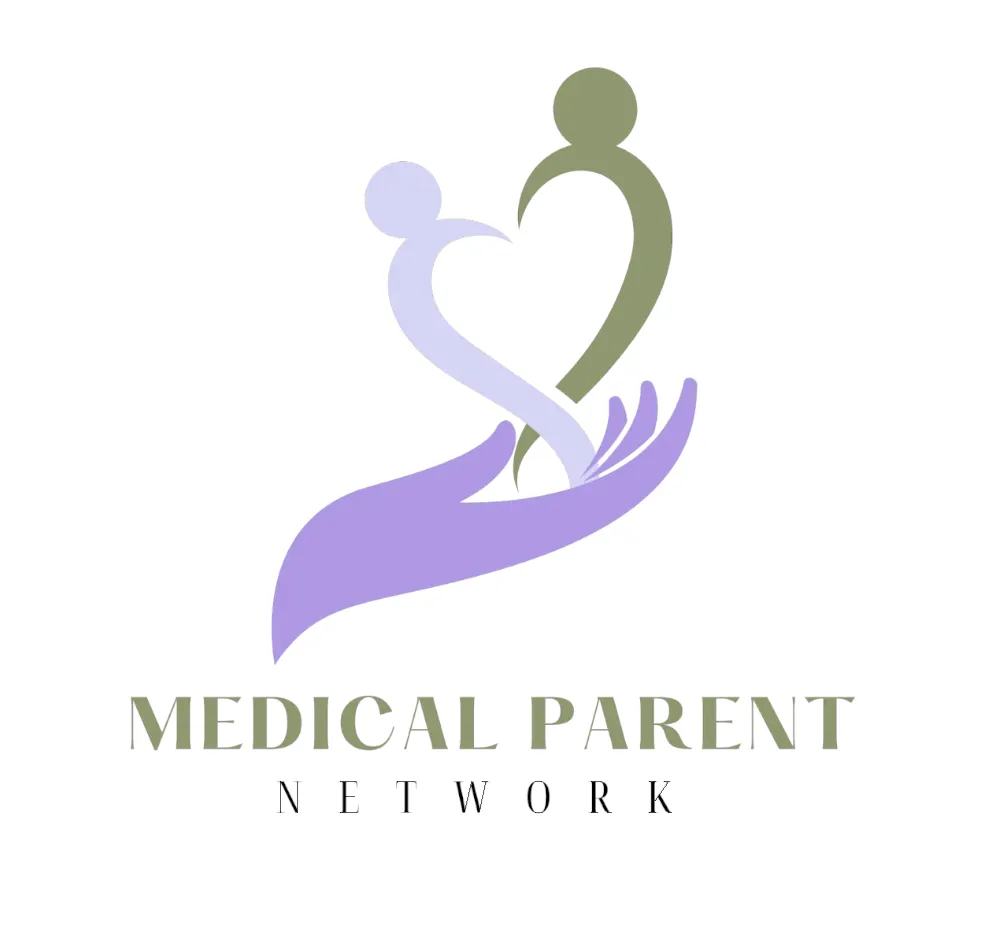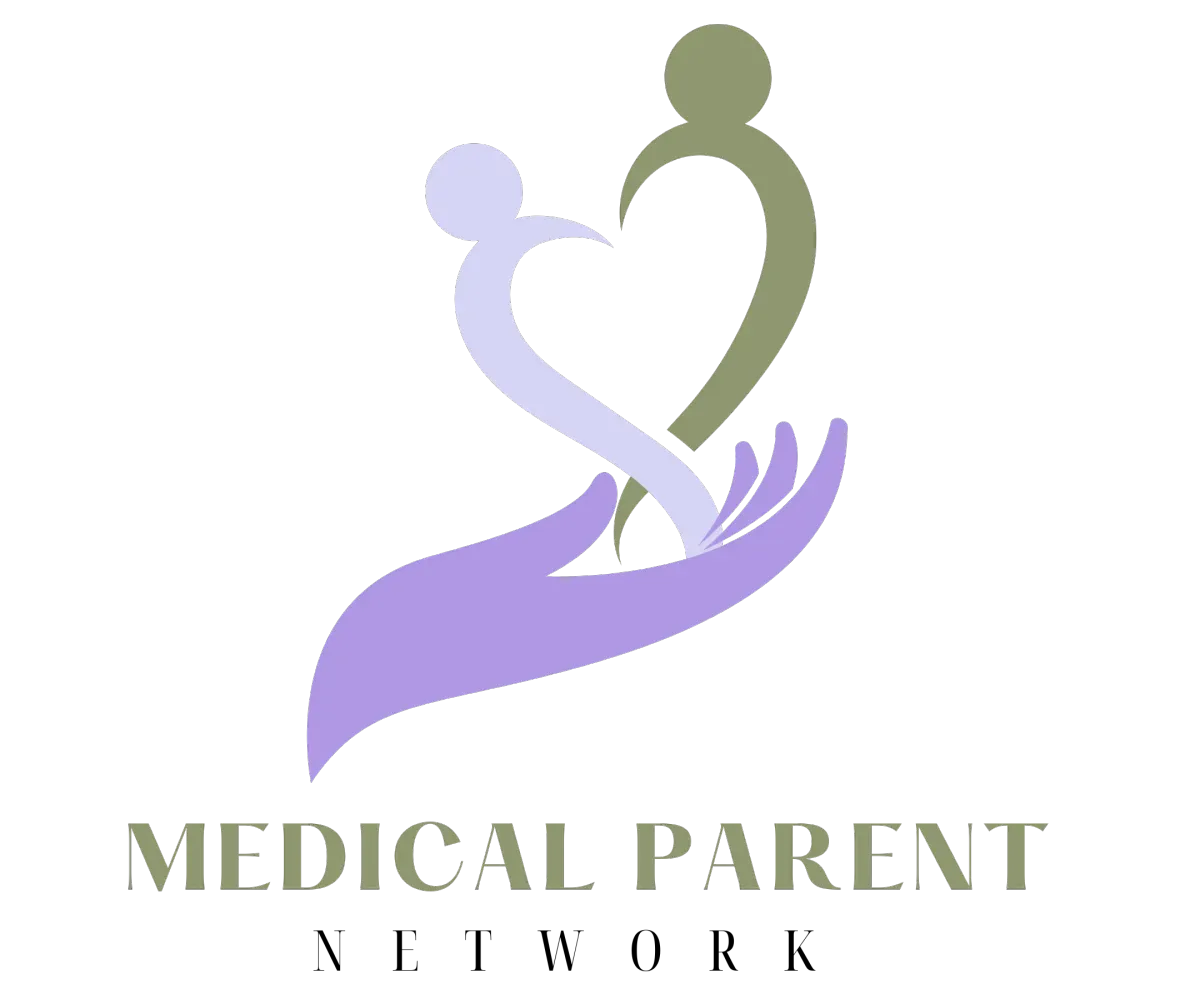
When Grief Doesn't End: Understanding the Chronic Sorrow of Medical Parents
It happens at the park, at a friend's house, or during a playdate. I watch my daughter's eyes light up with desire to join in, only to see the play drift away from her because including her feels too complicated for others. People fumble, unsure how to engage with her, their awkwardness creating invisible walls. The hurt settles quietly but deeply in my chest—another reminder of the unspoken barriers that separate her from experiences that come so naturally to others.
This isn't the kind of grief that people write sympathy cards for. It's different, persistent, and often misunderstood.
What Makes This Grief Different
Unlike traditional grief, which follows a loss and eventually leads toward closure, the grief of medical parenting is ongoing and cyclical. We don't experience one defining moment of loss—instead, we face a steady stream of moments that highlight the gap between the life we imagined and the reality we navigate.
Some days, this grief is barely perceptible, just a quiet hum beneath our daily routines. Other days, it crashes over us unexpectedly:
- When we see a child the same age as ours effortlessly achieve a milestone
- During medical setbacks that remind us of our fragile balance
- In response to an innocent but painful comment from someone outside our world
- At birthday parties where the differences become glaringly apparent
The Weight of Unspoken Understanding
"All kids feel left out sometimes," well-meaning friends might say, trying to normalize our experience. But it's not the same. The exclusion our children face isn't occasional or temporary—it's systemic, predictable, and profoundly isolating. When people equate typical childhood experiences with our reality, it only emphasizes how little they understand our journey.
This is where loneliness creeps in. We carry this grief privately, often because:
- We don't want to burden others with our ongoing sadness
- We fear being misunderstood or dismissed
- There's pressure to maintain a positive outlook
- We're expected to focus solely on gratitude
Finding Light In The Shadows
But there are moments when the weight lifts slightly. When we find ourselves with other families whose children play similarly, or parallel, or who simply exist together in comfortable understanding. When we meet people—adults or children—who genuinely want to know our child, who see past differences to connect authentically. In these precious spaces, the grief softens, and we remember we're not alone.
Living With Chronic Sorrow (Without Drowning In It)
While this particular form of grief never fully disappears, we can learn to carry it with grace:
1. Release the Guilt
Your grief doesn't invalidate your love for your child or diminish the joy they bring. It simply means you're human, processing a complex emotional journey.
2. Find Your Circle
Connection with others who truly understand can transform your experience. Whether through online communities, support groups, or one-on-one friendships, these relationships become lifelines.
3. Make Space for Joy
Different doesn't mean less meaningful. Learn to celebrate the unique victories, find humor in the unexpected, and create your own version of beautiful moments.
4. Honor Your Feelings
Some days will feel heavier than others. Give yourself permission to feel without judgment. Your emotions are valid responses to real challenges.
5. Reach Out
Whether through therapy, faith communities, journaling, or peer support, find outlets that help you process these complex emotions constructively.
A Message for Fellow Medical Parents
If you're reading this with tears in your eyes, recognizing your own heart in these words, please know: You're not broken. You don't need to "get over" something that's an ongoing part of your journey. Your grief and joy can coexist. You're doing an extraordinary job carrying a weight that most people will never fully comprehend.
Even on days when the sorrow feels overwhelming, remember you're not alone. There's a community of parents who understand this path, who know both its challenges and its unexpected beauty. We're here, walking this road alongside you, ready to share both the heavy moments and the triumphs.
This is why building connections with people who truly understand matters so much. Because sometimes, the most powerful healing comes from simply being seen and understood by those who know exactly what this journey feels like.
Join our community of medical parents who understand the complexity of this journey. Medical Parent Network offers online support groups where you can connect with others who truly get it—because they're living it too.



